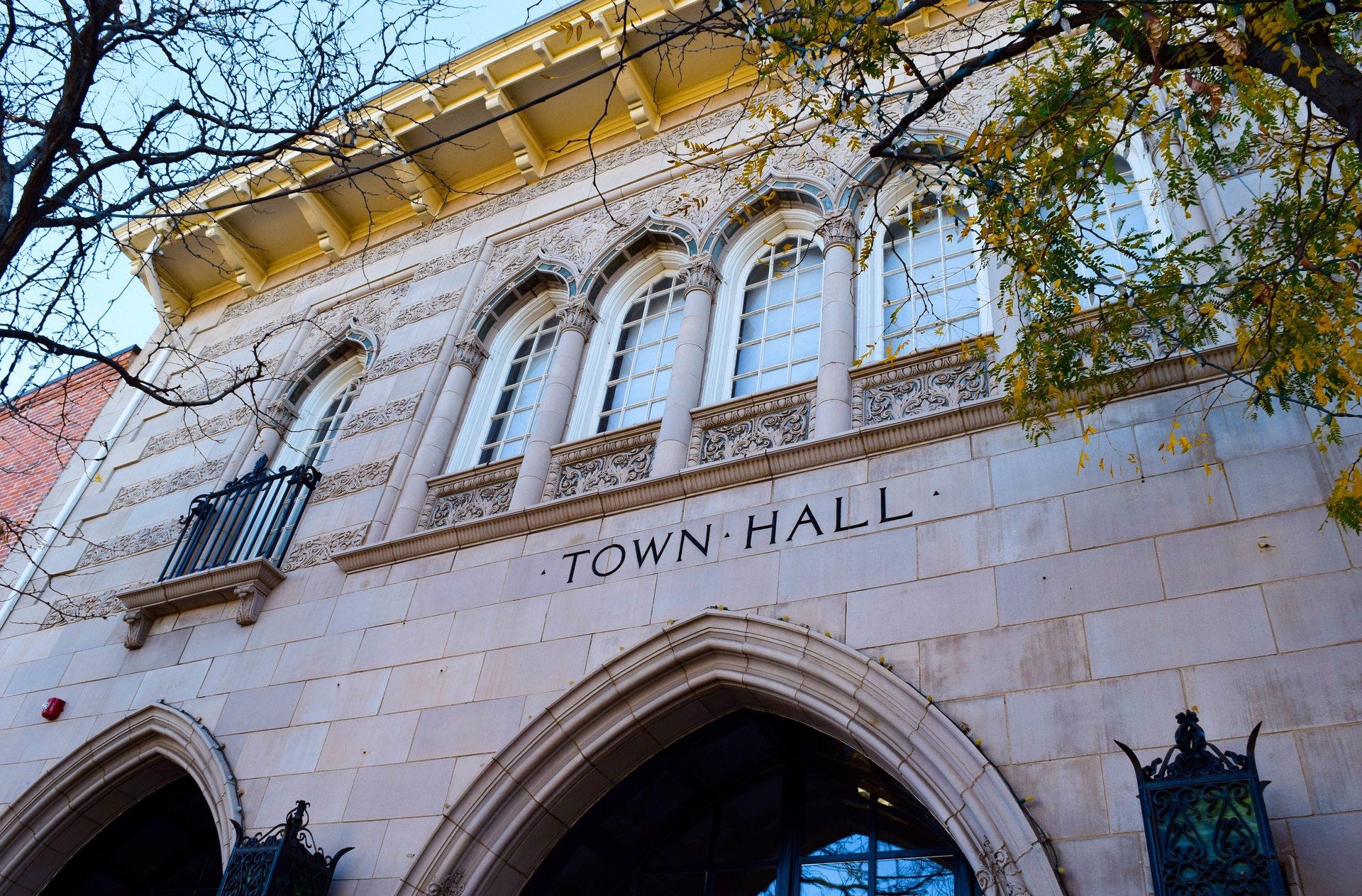In our last post, we reviewed the Building Better Communities and Conserving Watersheds Act, 2017, which came in to force on April 3, 2018. It includes new rules which are intended to place more control and power in the hands of local municipalities, and creates the new Local Planning Appeal Tribunal (LPAT or the Tribunal) to function as a true appeal body for municipal land use planning decisions.
New Rules at the LPAT
Appeals that are currently before the Ontario Municipal Board (OMB) will continue to proceed under the old rules. Any new appeals initiated after April 3 will be subject to the new process, and heard before the new LPAT.
Appeals to the LPAT will be focused on short timelines and written advocacy, with appellants filing a record of affidavit evidence and a brief summary of the case, and respondents having a brief window to offer a responding record. The old OMB rules relating to witness statements, examining witnesses, discovery, and obtaining a summons are no longer applicable in the instance of a first appeal.
Case conferences will be mandatory for all Planning Act appeals. These are intended to limit the scope of appeals and explore any opportunities to settle matters before the hearing.
LPAT may take proactive steps to progress hearings
The changes grant the LPAT a great deal of latitude in controlling the process and keep matters moving forward. At any stage of the proceedings, the LPAT may examine any party or person who makes submissions, or require them to produce relevant evidence or witnesses for examination.
Like the OMB before it, the LPAT has been granted authority to create general rules regulating its practice and procedure. It has additionally been given explicit permission to adopt alternative approaches to traditional adjudicative or adversarial procedures. The Tribunal may also take note of any common interests among disparate parties, and proactively designate a person as class representative in order to minimize duplication of proceedings and reduce unnecessary hearing time.
Waterloo Area Land-Use and Planning Lawyers
At Duncan Linton LLP, we are well informed regarding these changes to land-use planning laws, and are keeping abreast of new developments as they arise. Our municipal lawyers can offer timely advice about Planning Act and land development matters, and how this legislation may impact your legal interests.
Call 519-886-3340 to schedule an appointment with one of our skilled planning lawyers, or contact us online.

